I was taught to believe that it wasn’t really possible for me to travel, not just because I am a woman, but because I am Deaf, too. Actually, I believed that it wasn’t possible for me to travel without my family (or anyone who is hearing) because I am a Deaf woman.
“How can you communicate with other people if you cannot hear everything?” “What if a man was following you on the street?” my mom anxiously asked me, a daughter with a global double-minority.
Until I turned 23 years old, I’d only traveled with my family (to México and a few U.S. states, if you’re wondering).
Today, at 31 years old, I’ve visited 18 countries around the world. The number may seem rather small, but slow traveling allowed me to completely immerse myself in the local culture and cultivate more skills to navigate this inaccessible world.
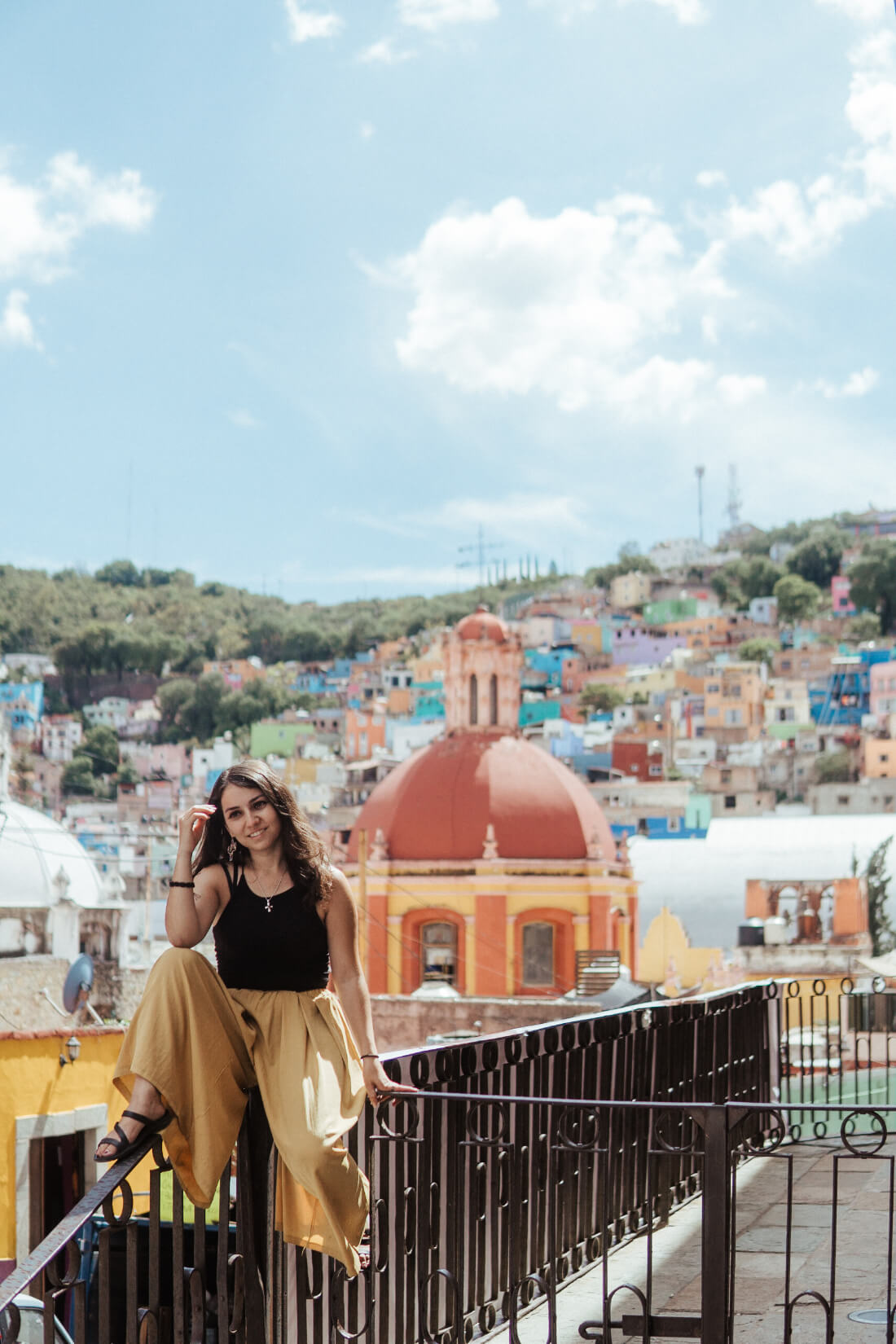
It was a giant leap for me to get where I am now. I want to share the victories and challenges I’ve experienced, plus offer the travel community advice on how to be better allies.
Before we get started, a point of clarity: Hearing is a term that we, Deaf communities, use when referring to a person who is not Deaf, hard of hearing, or has any type of hearing loss. I’ll also share more about the diversity within the Deaf communities.
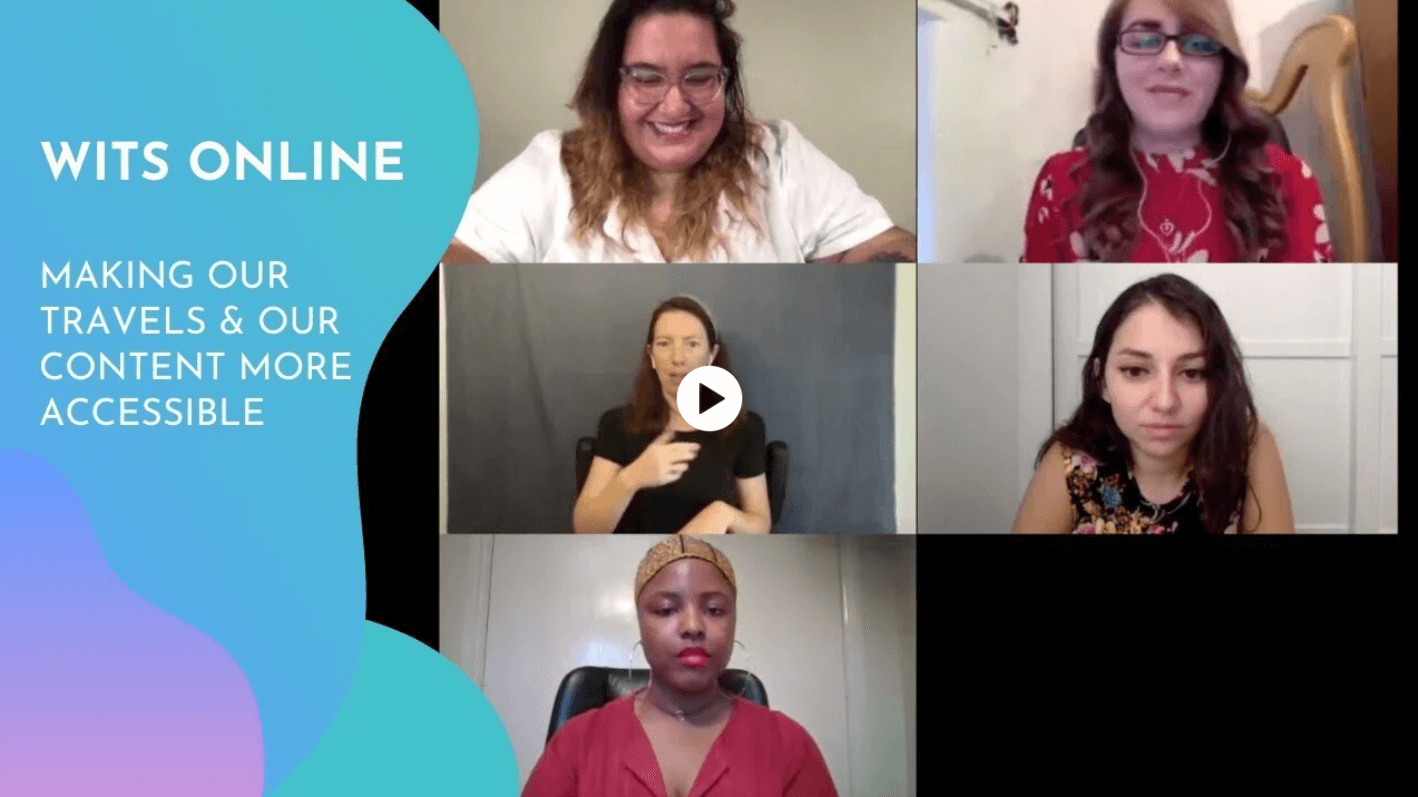
Starting with Baby Steps
I’ve always loved learning about different cultures, languages, and people from all walks of life. I always wanted to see what our Mother Earth had to offer. I’ve been Googling all these amazing places and adding them to my bucket list since I was 18.
When I started to become more independent, I decided to take some baby steps first. With another Deaf person, I traveled to other U.S. states for the first time without my family. And, trust me, I was anxious! I couldn’t stop my mind from rambling all those thoughts:
What if it was announced through the speakers at the airport that the gate of my flight changed?
What if something was happening while flying and I don’t have access to the information?
All the “What if” thoughts were pretty intimidating to me and it only worsened my anxiety.
But I didn’t want to let that hold me back, because I wanted to see the world.
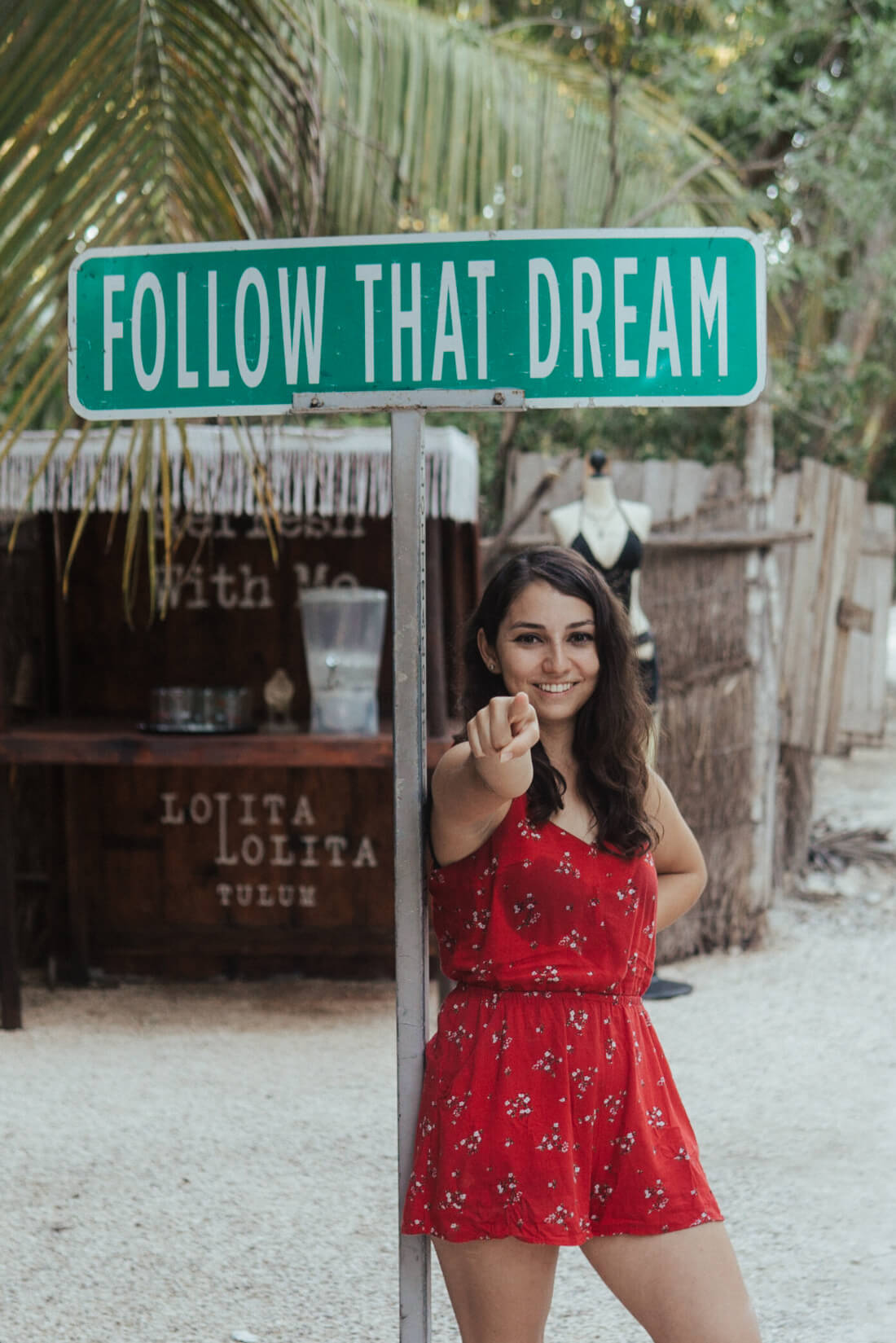
The baby steps may seem like nothing to you, but no one knows what others are going through. I think that as long we keep taking steps toward our dreams and goals, that’s what matters.
These baby steps helped me to dismantle all the internalized beliefs about traveling as a Deaf woman.
I realized that – even though my loved ones meant it out of love and care – there are many people that only focused on what we cannot do (hear, in my case) instead of what we can do. I am able to navigate through this audio-centric world with my own capabilities.
Taking the Big Leap of Faith
After my domestic travel, I want to do more. ¡Más! While I was saving up money for future trips (for real, it’s tough to deal with wanderlust when you have other commitments), I vowed to meet Deaf people around the world, despite the fact that we all have different sign languages.
I want to connect and befriend different people, whether they’re hearing or Deaf. I want to see all the breathless landscapes that our Mother Earth provided us that we often take for granted.
Since 2014, I’ve taken backpacking trips in Asia and Latin America with my Deaf friends and/or partner, despite the fears of my loved ones.
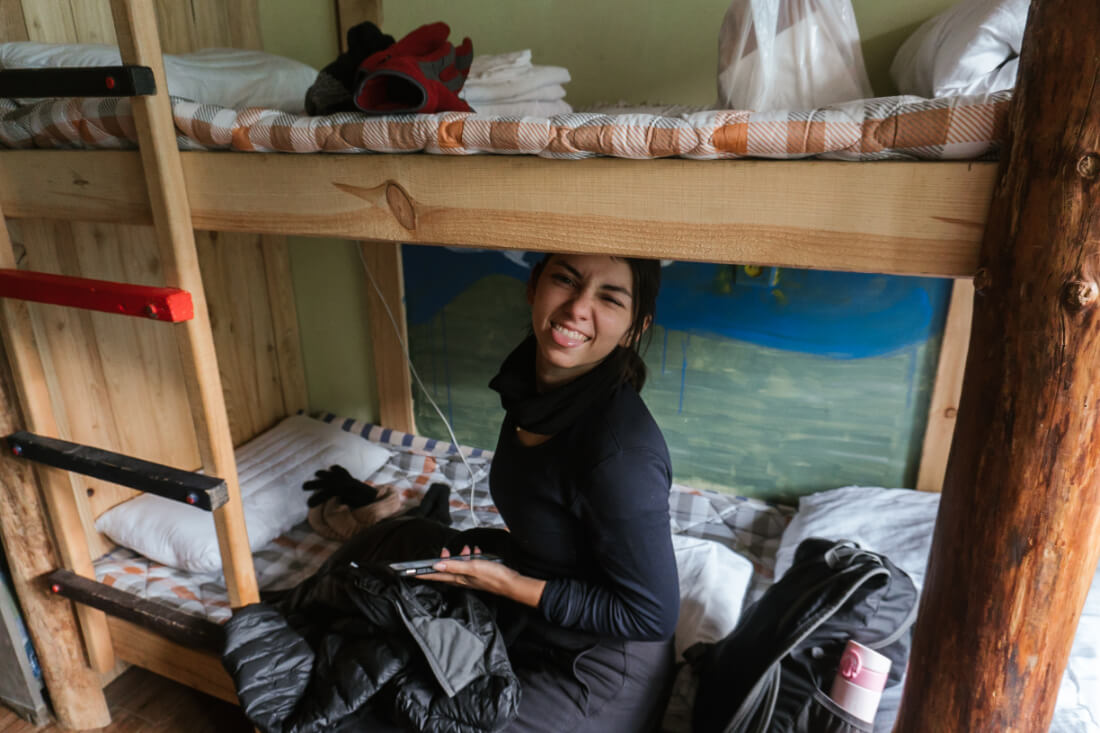
While I was not able to meet the local Deaf community in every country, I still had the greatest privileges to meet different Deaf people around the world.
Sometimes I coincidentally bumped into them in the streets, found a local Deaf association, or just introduced myself through social media.
What never ceases to amaze me is that we make connections despite the fact that our sign languages are often vastly different. We still find ways to understand each other.
Our mutual understanding of living as a Deaf person is like a bridge for us. I even started filming the stories of Deaf people I meet around the world to spread awareness about our communities. If you’re interested, you can watch their stories like this one or this one (English closed captions included).
I also met so many wonderful hearing people at the hostels, AirBnB, or Couchsurfing who genuinely saw me as a human being or at least tried to engage with me.
I love sharing about the Deaf communities, Deaf culture, sign languages, and challenging their perspectives if they had false beliefs about us.
Travel Isn’t Without Challenges
I would be lying if I only mention everything is so great, because c’mon, girl, right? Traveling is not always rainbows and butterflies. Undoubtedly, there are challenges that I deal with that hearing people also normally deal with: getting scammed, plans not working out, encountering some rude people, etc.
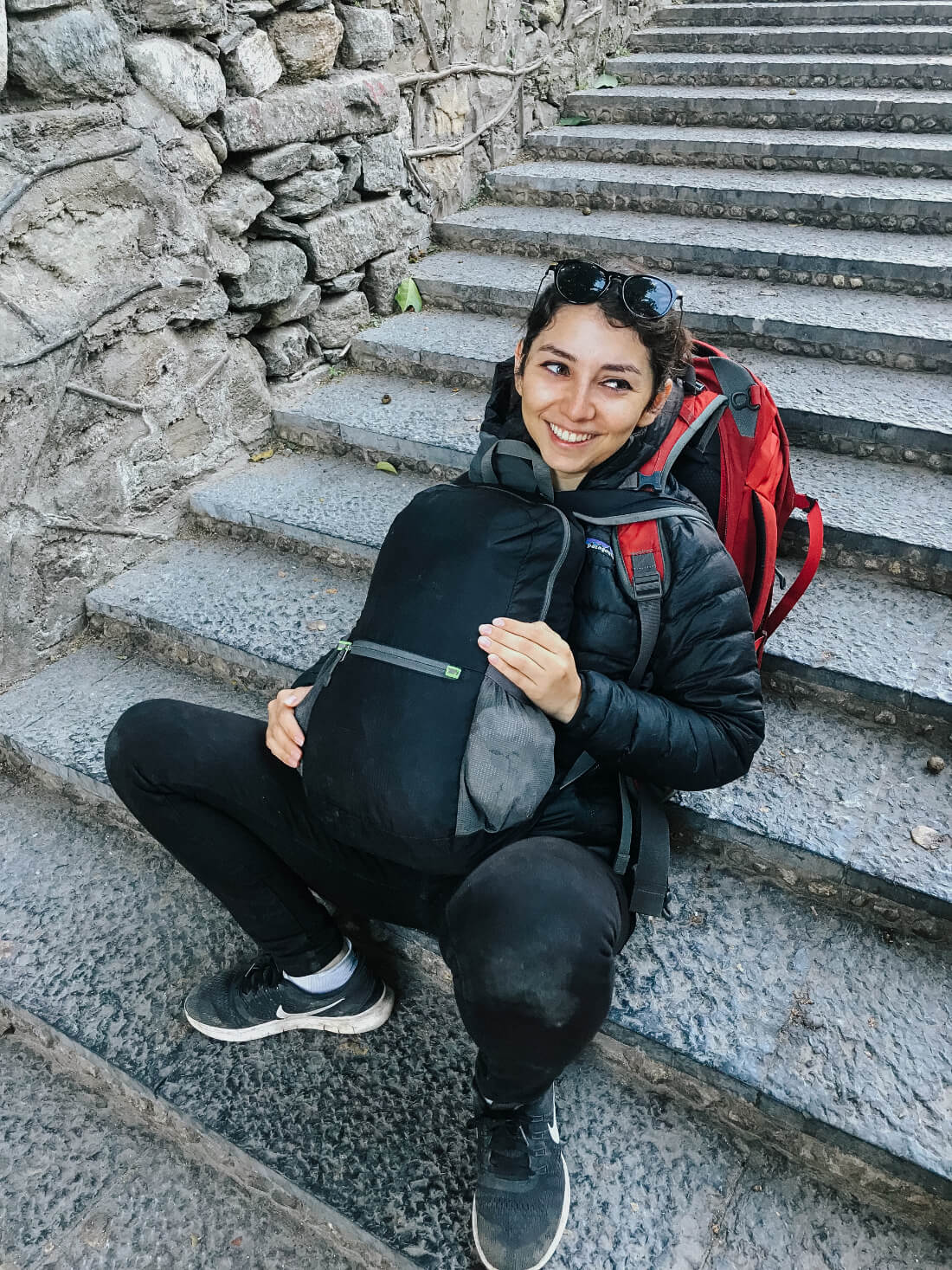
But there are additional challenges for me, personally.
These include the communication barrier (not just a language barrier), having some people shouting at me angrily in public (because they either thought I was ignoring them or faking my deafness), people who refused to cooperate with me to communicate effectively.
I’ve even had people ignore me because they think I’d pass on bad luck to them (some cultures believe that I’m Deaf because I did something bad in my past life). Those are whole other stories that deserve their own posts!
However, it’s not challenging to travel because I’m Deaf. It can be challenging because society isn’t accessible.
Imagine if everything and everywhere was accessible? Do you think the notion of Disabled people or Deaf communities would change?
Despite the additional challenges that I have, it still doesn’t stop my passion for travel. It only fuels my wanderlust even more.
Why is traveling so important to me?
It’s impossible to just pick one reason why traveling is important to me. But one of the biggest reasons is that I only have one life. It sounds so simple, doesn’t it? As someone who not only lost a loved one to cancer, but also had two near-death experiences, my perception of life has drastically changed.
And, as a person who learned early on to put others first, I didn’t know how to stay attuned to my own needs. Don’t get me wrong, I love being there for my loved ones, but I didn’t realize it was affecting the quality of my life, my mental health.
Nowadays, I’ve been setting up boundaries and doing things that I want to do, but realistically, I’m nowhere near perfect yet.
And perhaps all of you would agree on this other reason of mine: travel is also a teacher.
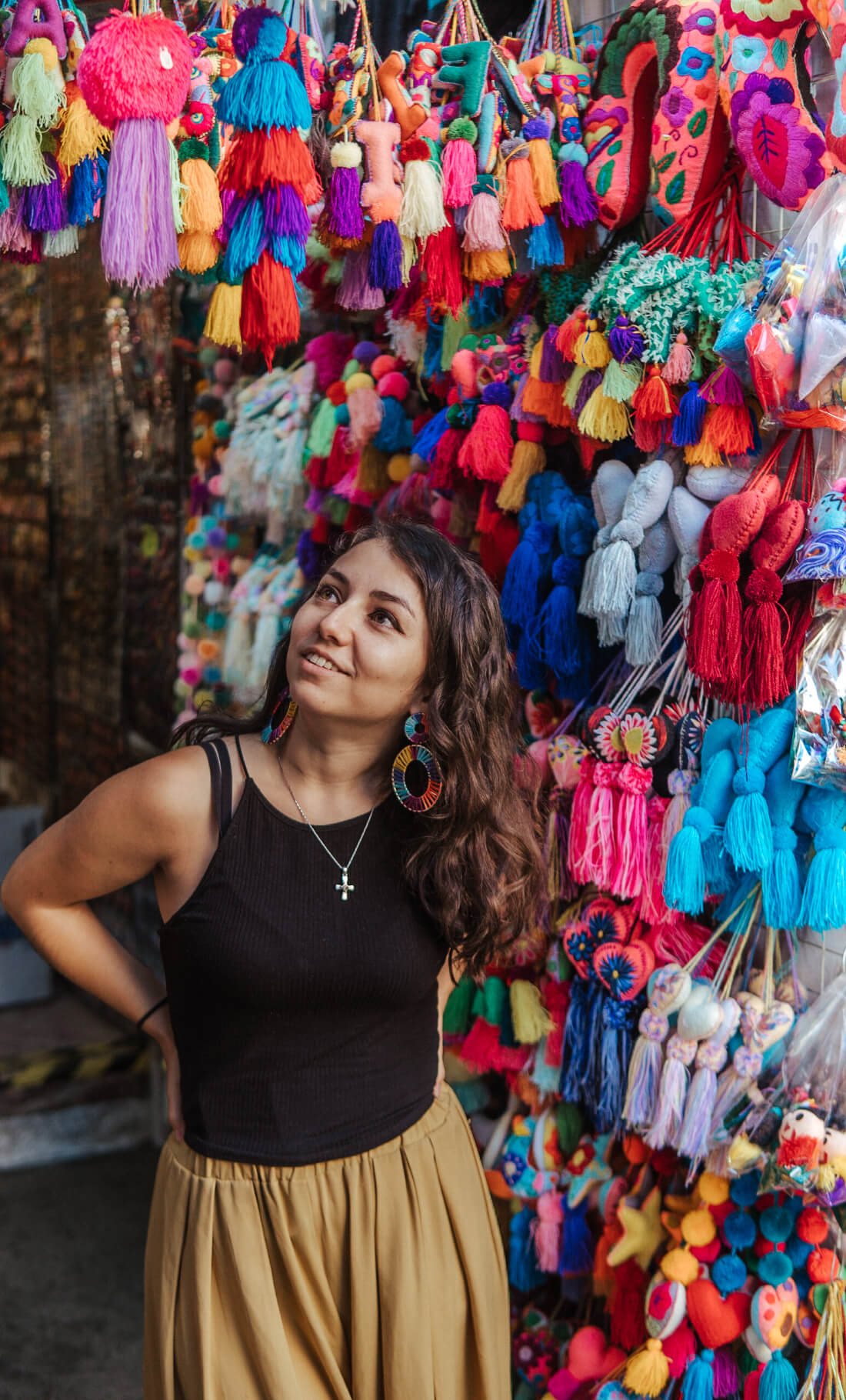
It gives me several new perspectives and lessons, the good and the ugly. Traveling not only helped restore my faith in humanity, but taught me to be kinder to myself.
It might sound weird, but traveling….it lets me breathe and reflect more on life. Traveling is where I often feel really free.
But it’s important to talk about privilege now, because I am able to travel, whereas many people around the world are not able to.
Making Travel & Tourism More Inclusive and Accessible
While I am passionate about traveling, I want to see tourism become more inclusive and accessible. For several reasons, tourism is really behind on this, and it’s not something that many hearing people would notice if they don’t see Deaf communities daily.
So, I thought I would share some advice on how to be more inclusive and accessible!
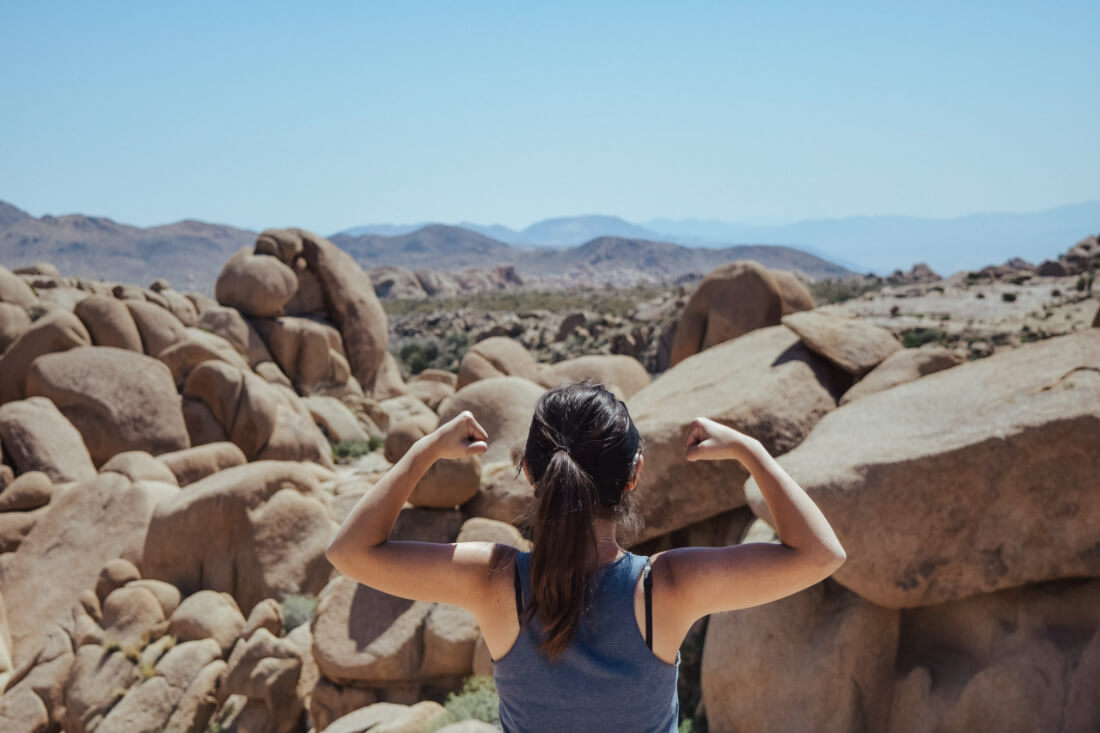
First, I want to emphasize something really important: Deaf communities are not a monolith.
Society and media have always painted us with one brush stroke, failing to show the diversity within our communities. Within the Deaf community, we have Deaf, Hard of Hearing (HH), DeafBlind (DB), Late-Deafened (LD),* and DeafDisabled (DD).**
*Late-Deafened: a person who experiences a hearing loss after their early childhood years
**DeafDisabled: a person who is Deaf, hard of hearing, etc., and has one or more disabilities.
We have Deaf people who don’t know sign language and/or have the privilege to speak, and they may prefer lip-reading instead (trust me, that’s only ~30% effective).
We have Deaf people who are raised in Deaf culture and may or may not have speaking privilege. We have some DeafBlind people who need more tactile accessibility than visual accessibility. We also have some DeafDisabled people who need to research whether the place is wheelchair accessible, too.
So remember: our Deaf communities are so diverse.
We all have our own needs and preferences, especially when it comes to communication or our own beliefs about our disability.
Friends in the travel industry: Get free access to our industry resource library
How to Be a Better Ally
So, generally, Deaf and Hard of Hearing people are reliant on visual information. When communicating, we would like to have visual access.
So, to be a better ally, start by learning different ways to communicate with us that would work for us, Deaf communities, effectively.
- Face directly toward the person so we can lipread (remember, it’s only ~30% effective)
- Use your note app or grab a paper & pen to have a written or typed conversation
- Use gestures, especially universal ones like come, eat, sleep (bed), no, pointing at something (like a menu), etc.
- Use a speech-to-text / text-to-speech app to communicate, even when there is a language difference (for that, you can use Google translation or Deepl)
- Learn some basic sign language (however, remember that sign language is not universal. Like spoken languages, there are hundreds of different sign languages around the world).
Whether you’re a traveler, hostel owner, a restaurant employee, a guide, or a host, these are important to know! You can ask us which communication methods would work best for us.
And please do not use harmful words that dehumanize us. Don’t cast us aside by saying “never mind,” “I’ll tell you later,” “Oh, it’s nothing,” “Did you not listen to what I just said?”
Our Deaf communities are the ones who are fighting and struggling to find access, not the other way around.
Are you a Travel and Culture Content Creator?
Download the free Anti-Oppression Toolkit
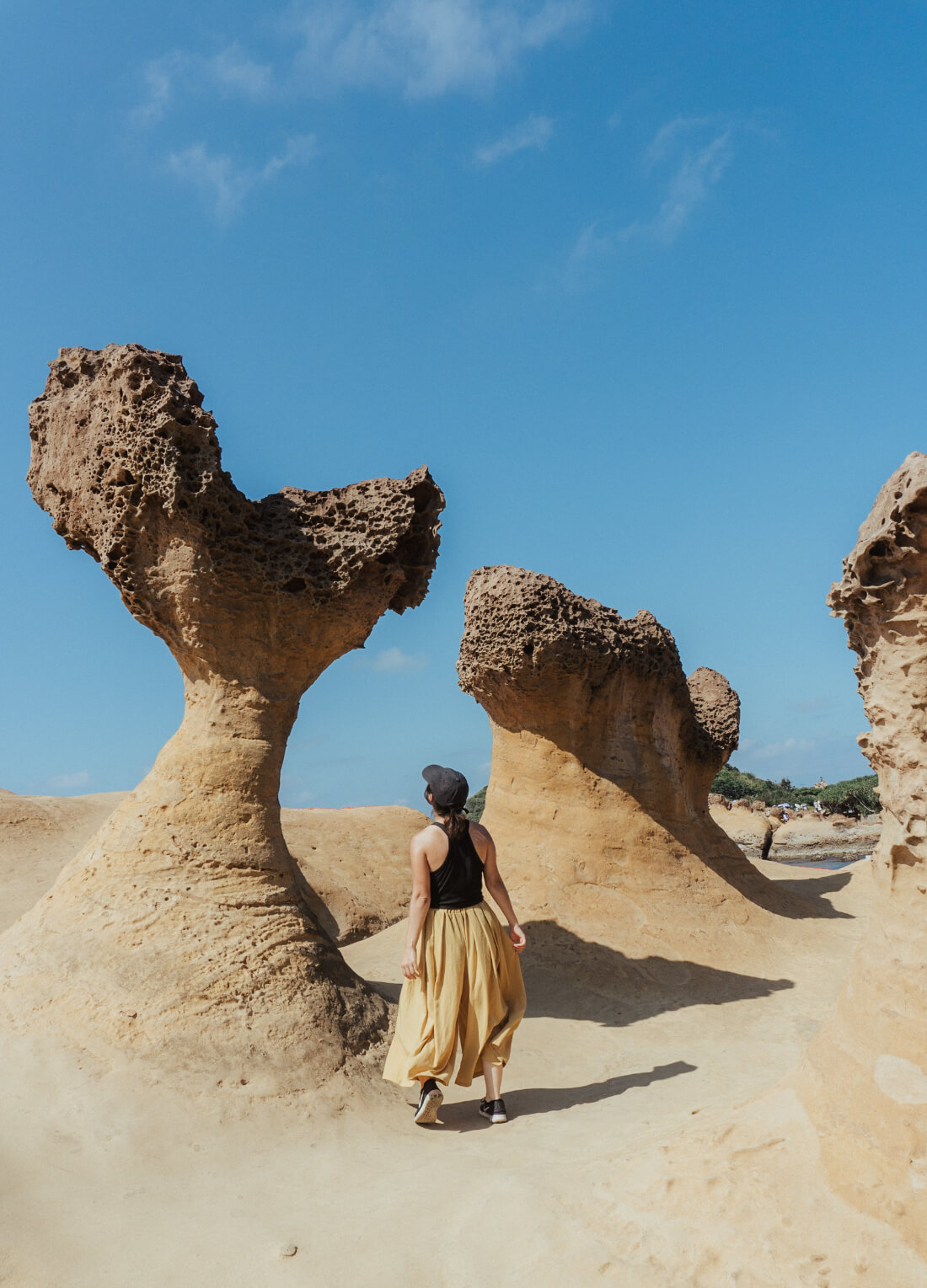
If you would like to learn more about how to make your businesses, digital content, or events more accessible, you can inquire about my services.
Because our communities are small, it may not be very often that you cross paths with us. Just know that Deaf travelers do exist, too! Many of us are open to having a dialogue with you to spread awareness about our disability, Deaf culture, and sign language.
Like many others, being willing to listen and engage with us, even your smallest gestures, are what makes us feel like we are seen as human beings.
Feature image credit Jason Hoang, Instagram @nomadicdeaf
